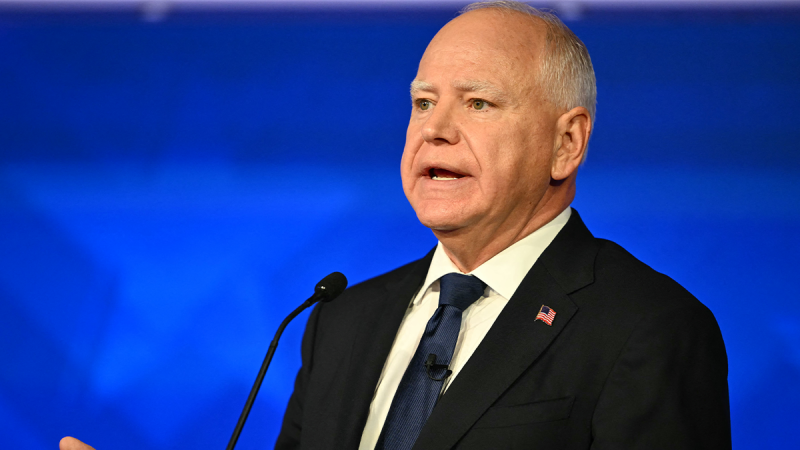**The Controversy Surrounding Healthcare Mandates: Understanding the Arguments**
**Background**
The issue of healthcare mandates has long been a contentious topic in the United States, with policymakers and the public alike divided on the effectiveness and necessity of such regulations. Recently, Governor Tim Walz found himself at the center of a heated debate after defending an Obama-era mandate that was subsequently repealed by the Trump administration. The mandate in question imposed a substantial tax penalty on individuals who did not purchase health insurance, a move aimed at incentivizing Americans to obtain coverage under the Affordable Care Act (ACA).
**Arguments in Favor of Healthcare Mandates**
Proponents of healthcare mandates argue that such regulations are essential for expanding access to healthcare services and ensuring that individuals are adequately covered in case of emergencies. By requiring individuals to have health insurance, supporters believe that the overall health and well-being of the population can be improved, leading to lower healthcare costs and a more efficient healthcare system. Additionally, proponents point to the role of mandates in stabilizing insurance markets and preventing adverse selection, where only those with high healthcare needs enroll in coverage.
Governor Walz’s defense of the Obama-era mandate reflects the beliefs of many who view healthcare mandates as a necessary tool for achieving universal coverage and promoting public health. The governor’s stance highlights the broader ideological divide between those who advocate for government intervention in healthcare policies and those who prioritize individual choice and free-market principles.
**Arguments Against Healthcare Mandates**
On the other side of the debate, opponents of healthcare mandates argue that such regulations infringe upon individual liberty and autonomy by compelling individuals to purchase a product they may not want or need. Critics of mandates point to the punitive nature of tax penalties imposed on those who choose not to comply, characterizing such measures as coercive and unjust. Furthermore, opponents raise concerns about the effectiveness of mandates in increasing insurance coverage, citing evidence that some individuals may prefer to pay the penalty rather than enroll in costly health plans.
The repeal of the Obama-era mandate by the Trump administration was met with approval by critics of the ACA, who viewed the move as a step towards dismantling government interference in healthcare. The repeal reflected the administration’s commitment to advancing a more market-oriented approach to healthcare reform, favoring deregulation and increased consumer choice over government mandates.
**Conclusion**
The debate over healthcare mandates underscores the complex and multifaceted nature of healthcare policy in the United States. While proponents argue that mandates are necessary for expanding coverage and improving public health outcomes, opponents raise valid concerns about individual liberty and the role of government in healthcare decision-making. As policymakers continue to grapple with these issues, finding a balance between promoting access to healthcare services and respecting individual autonomy remains a significant challenge in the ongoing healthcare reform debate.

